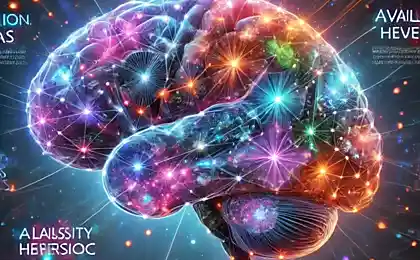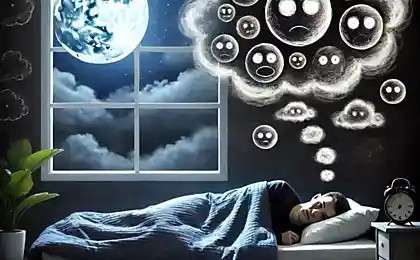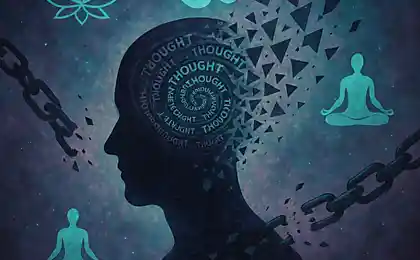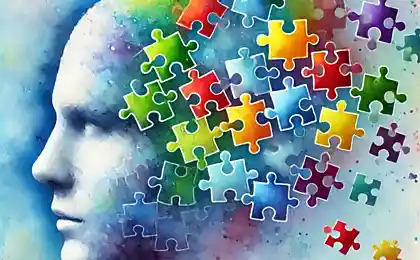187
7 signs of losing touch with reality: How to recognize and return to life

When Thoughts Become a Cell: 7 Warning Signs of Reality Loss
In an age of digital echo chambers and permanent stress, the line between rational thinking and obsessions is thinner than paper. Psychiatrists note that every third case of chronic anxiety is accompanied by elements of derealization. But how to distinguish temporary stress from a dangerous state?
1. Permanent "viewer effect"
He describes his experiences as “watching his own life through thick glass.” Reality loses tactility, emotions are muffled. According to the NCBI study, 68% of patients with depersonalization initially ignored this symptom.
What do I do?
- 5-4-3-2-1 technique: name 5 visible objects, 4 tangible textures, 3 audible sounds, 2 smells, 1 taste
- Daily 10-minute contact with nature without gadgets
2. Catastrophizing probabilities

The brain converts the 0.1% probability of an event to 99.9%. Cognitive science professor Aaron Beck calls this the “tyranny of imaginary evidence.” Example: “If I’m late for a meeting, I’ll be fired, I’ll be without money, I’ll be homeless.”
Antidote:
- Make a table: “Fear” vs “Real Evidence”
- Practice Cognitive Distancing: Imagine Advising a Friend
3. Hyperbolization of past experiences
The failures of the past take on the scale of a global catastrophe. As psychologist Carol Dweck notes in her work on growth thinking, “Fixing on failure blocks the ability to see new paths.”
Exit strategy:
- Rewrite History: Create Two Events – Negative and Neutral
- Use the “Wheel of Life” method to assess current achievements
4. Emotional numbness
The reaction to events becomes flat like a video game character. Neuroscientists associate this with an overload of the amygdala, the emotional center of the brain.
Sensory reactivation:
- Emotional diary technique: record 3 micro-events per day
- Art Therapy: Draw abstractions to music without purpose
5. Perfectionism as an Escape

The pursuit of the ideal becomes a shield from real problems. A University of Toronto study (2021) found that 78% of perfectionists use it as a form of procrastination.
How do you stop?
- Practice “conscious mistakes”: intentionally do something imperfectly
- Make a list of “Why do I need this?” for each purpose.
6. Social isolation
Voluntary loneliness becomes a prison. Sociologists note that after 3 months of isolation, cognitive distortions increase by 40%.
Return to contact:
- Start with digital detox: 1 day a week without social media
- Join interest groups with minimal commitment
7. Forbidden reality syndrome
Creating an alternative belief system where only negative scenarios are considered “true.” Psychiatrist J. Ellis notes, “It’s a defense mechanism that has become a prison.”
Glossary
Derealization
Feeling the unreality of the world
Cognitive distortions
Systematic errors in thinking
Almond-shaped
Brain area responsible for processing emotions
Art therapy
Method of psychocorrection through creativity
12 Unobvious Signs of a Loveless Marriage: How to Recognize Emptiness
Melancholy of the world order: How to Turn Existential Grief into Power























